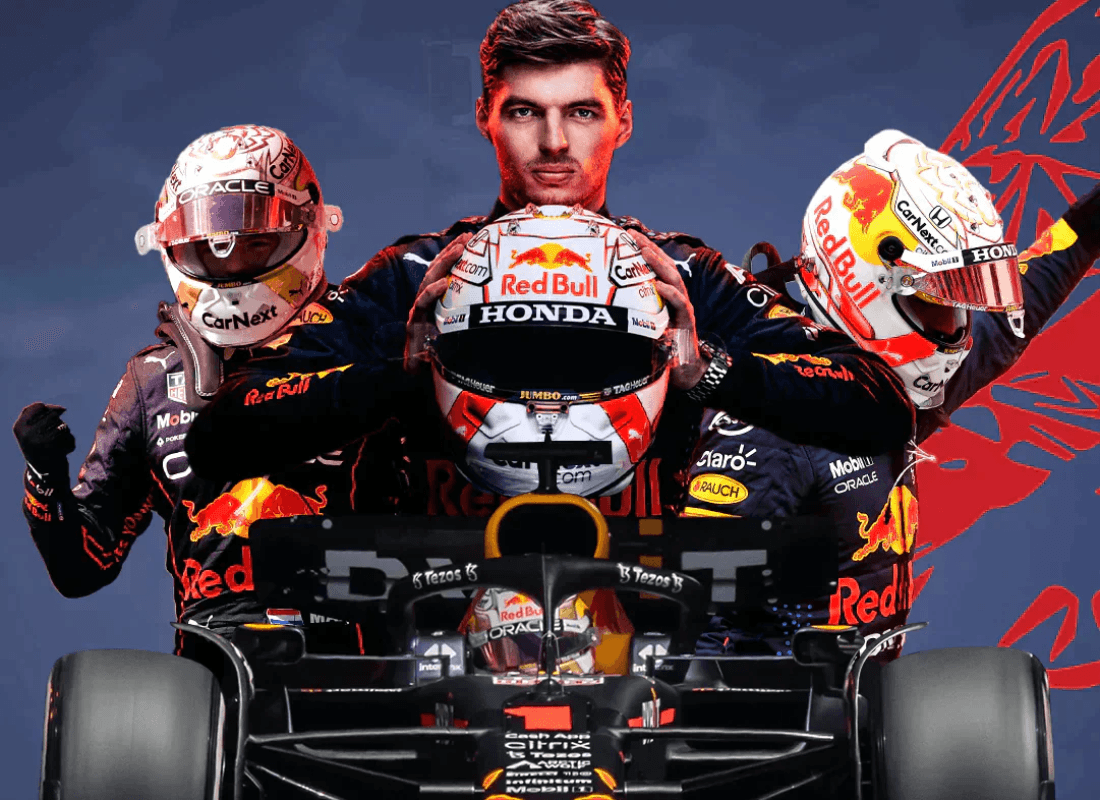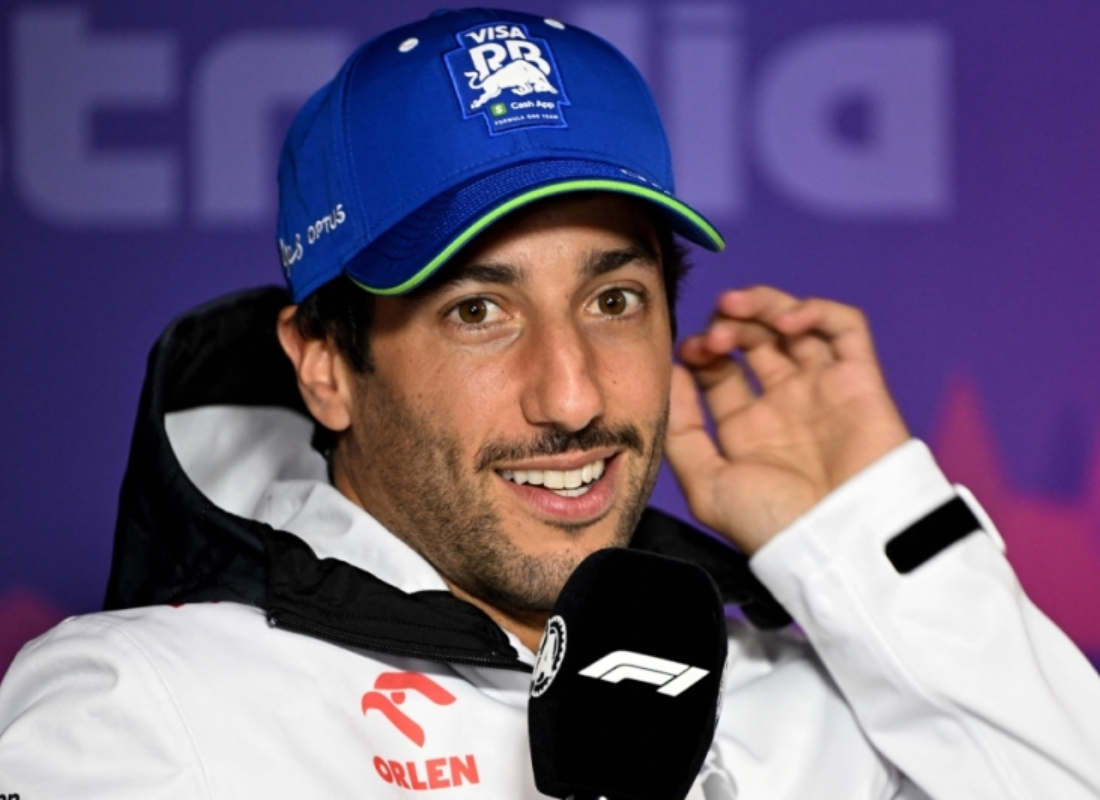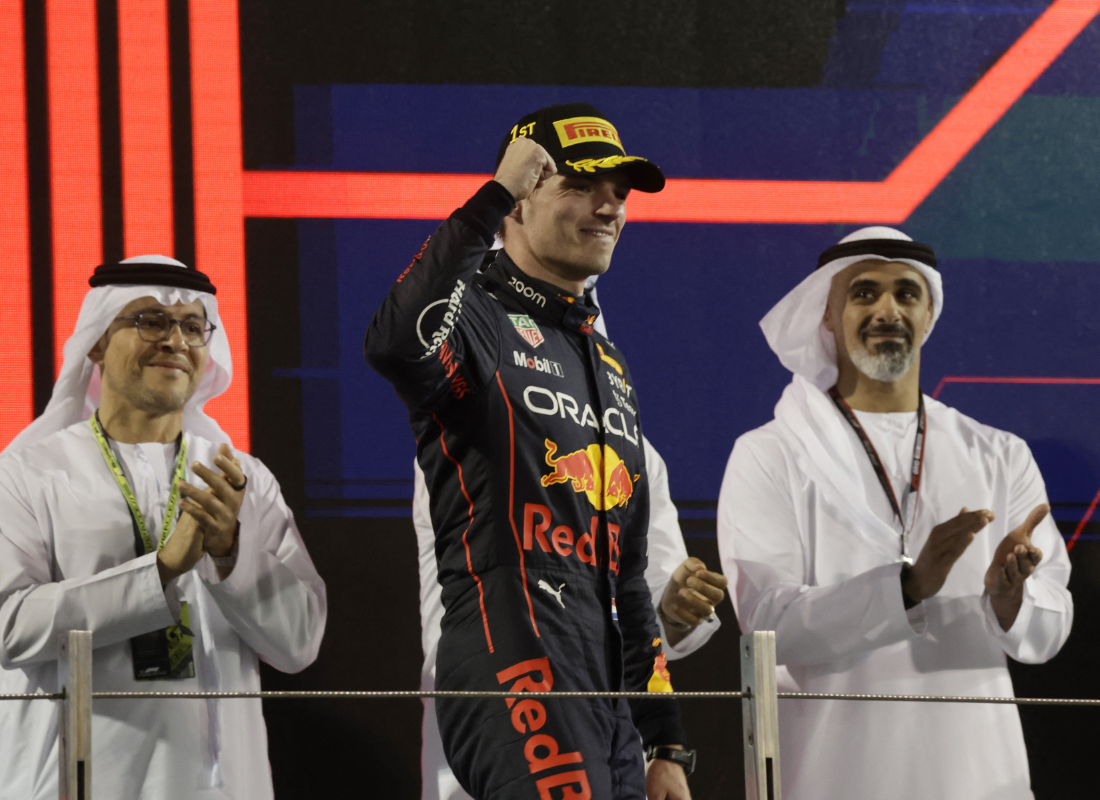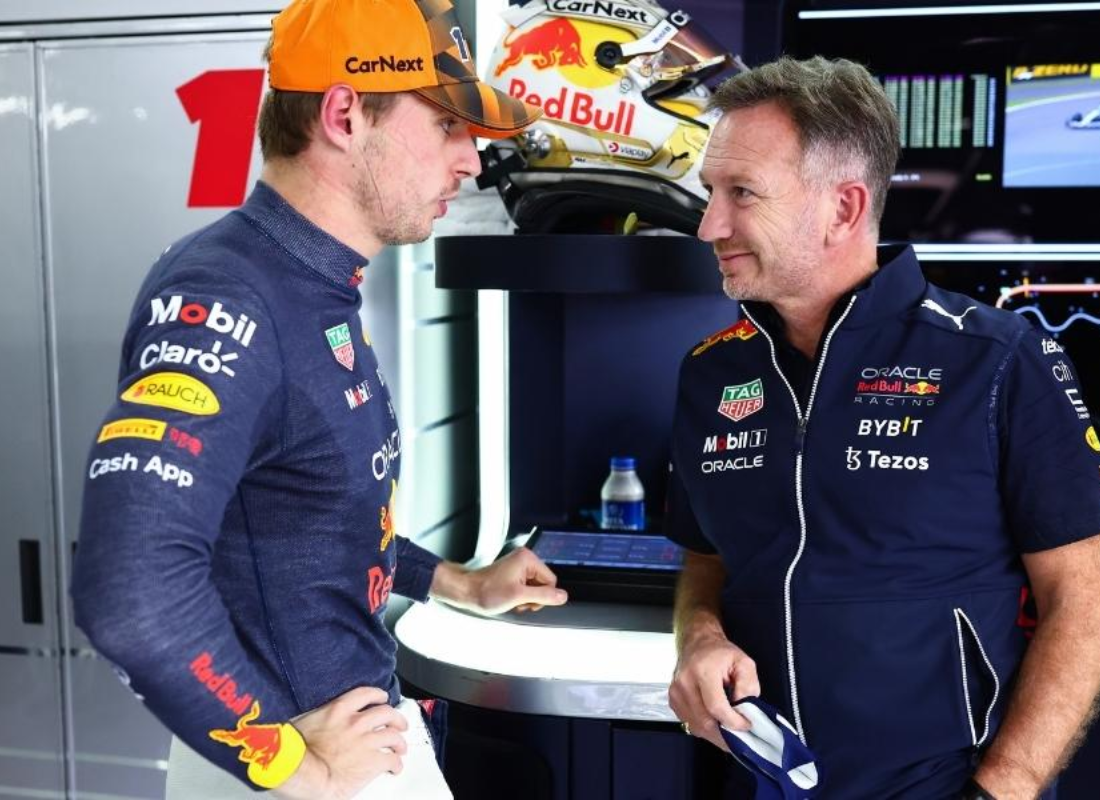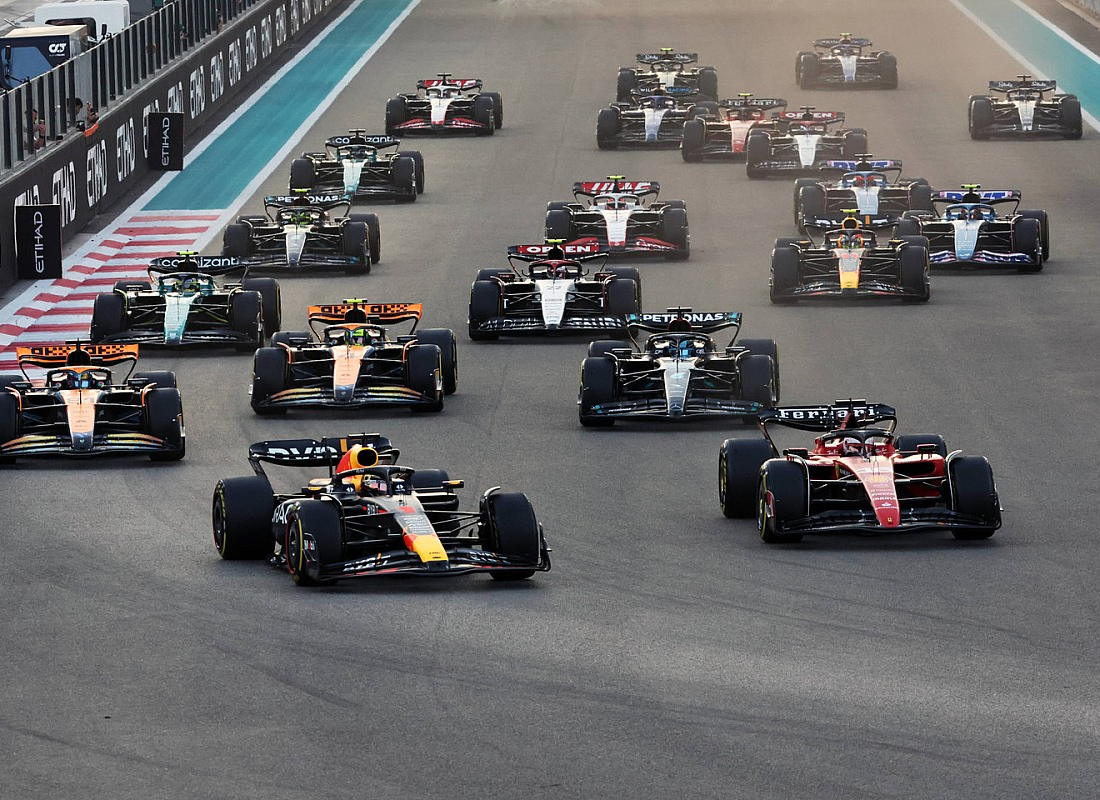Red Bull‘s narrowing choices in driver selection are directly linked to two factors: Max Verstappen rapid ascent and heightened competition in the pool of young drivers. This shift has led Red Bull to adopt a more conventional approach in the Formula 1 driver market.
When Red Bull’s Junior program dominated as the top destination for talented drivers lacking significant financial backing, the team could carefully choose promising talents, subject them to rigorous tests, and achieve success through trial and error.
Red Bull once enjoyed a wealth of talent, but now other leading teams have caught up, providing appealing opportunities for exceptionally skilled drivers. Verstappen represented Red Bull’s final major move in this landscape, setting new standards and complicating subsequent efforts to nurture young drivers.
Verstappen’s extraordinary abilities posed challenges for Daniel Ricciardo and overshadowed Pierre Gasly and Alex Albon in quick succession. Sergio Perez’s continued presence at Red Bull reflects these evolving dynamics.
Here are the summarized points for Red Bull:
- Red Bull has placed all its chips on Verstappen, fundamentally altering the power dynamic where now a Red Bull junior driver is in control rather than the team dictating terms. If Verstappen departs, Red Bull faces significant vulnerability without a clear succession strategy.
- Past errors in promoting Gasly and Albon following Ricciardo’s unexpected exit, along with Tsunoda’s uncertain start in F1 and difficulties in attracting top junior talents, have left Red Bull with few viable options. Aside from Liam Lawson, there are limited promising prospects emerging from the junior ranks. Key talents like Leclerc, Norris, Russell, Piastri, Bearman, and Antonelli have either declined Red Bull or aligned with other teams early in their careers.
- Consequently, Red Bull now competes more aggressively in the open market to secure desired drivers. McLaren’s efforts to retain Norris and Piastri have constrained Red Bull’s preferred choices, requiring potentially substantial financial negotiations.
- Verstappen’s dominant presence at Red Bull complicates the selection of his teammate. Notable drivers like Alonso and Sainz were overlooked, partly due to concerns about disrupting Verstappen’s balance. Verstappen’s influence permeates all decisions at Red Bull, prompting adjustments in their driver development strategy to accommodate him. This reliance has come with challenges, as other top teams offer attractive paths to F1 that do not entail commitment to an energy drink brand.
Adjusting to this new reality has proven difficult for Red Bull, leading to opportunities for experienced but potentially limited-ceiling drivers like Perez. Former favorites such as Ricciardo have been re-signed due to scarce alternatives, while risks have been taken on lesser-known drivers like de Vries.
Planning for a post-Verstappen era is now crucial for Red Bull, ensuring readiness for any scenario should Verstappen’s circumstances change, despite his long-term contract. Identifying a suitable successor remains uncertain at present, unless a direct swap with Mercedes for Russell materializes by 2026.
ALSO READ:
- Leclerc’s Monaco triumph ends emotional home-soil drought
- Zak Brown Criticizes Verstappen’s Red Bull Advantage
- Horner accuses Wolff of trying to snatch Verstappen from Red Bull

